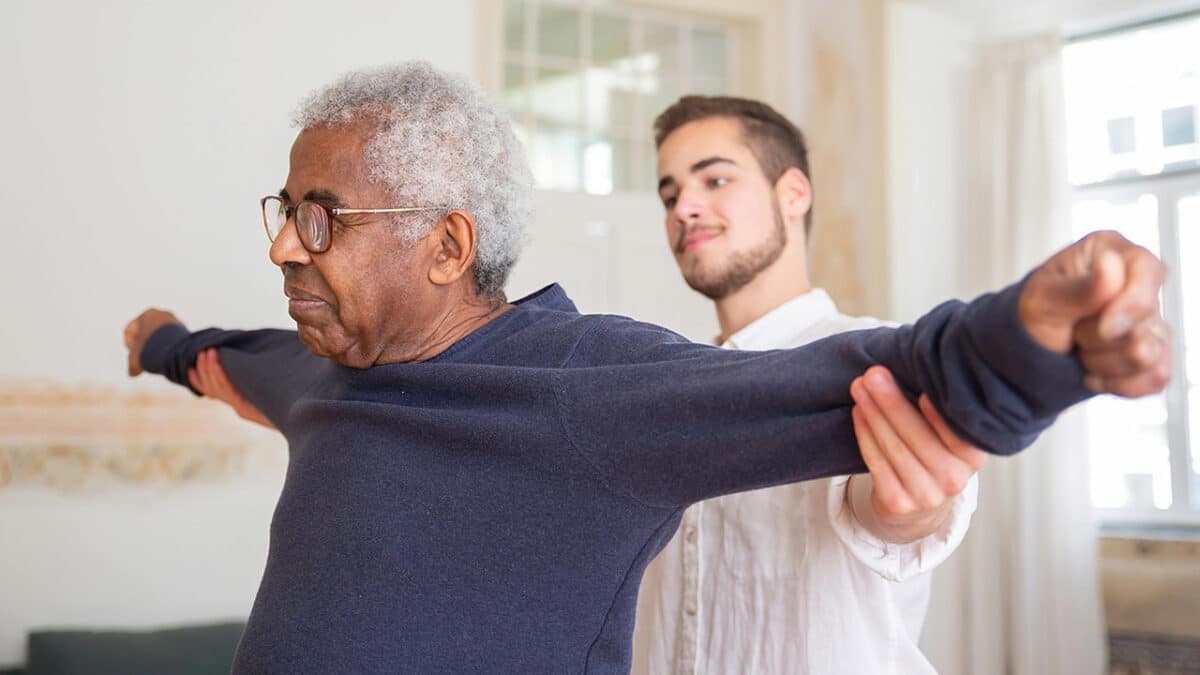Falls are a major health concern, specifically for the elderly. An Occupational Therapist (OT) comprehensive assessment can result in prevention of falls, improved functional status, reduced hospital stays, and decreased medical and care costs.
OT assessments can help in determining a client’s level of assistance needed for daily activities and determine if placing in a Long Term Care facility is required.
OTs are assessing activities of daily living (ADLs), including basic self-care functions, such as dressing, using the toilet, and walking. They also assess ability to complete instrumental ADLs (those necessary for function in the community), for example, driving, shopping, and paying bills.
The ability of older persons to perform ADLs depends on their capacity to maneuver safely and effectively. Early detection of impairments in function can identify those persons with reduced mobility, deconditioning, and risks of injury.
OTs and physiotherapist can complete a direct in person range of motion, strength, balance and ability to transfer assessment and can analyse gait.
At the end of the assessment they would recommend assistive devices to improve safety with mobility and other devices or strategies to improve independence in daily functions.
In addition, OTs are trained to assess cognition and its effect on daily function and safety. People with Dementia, who experience cognitive decline, are more prone to delirium and inattention that can result in falls.
Moreover, when it comes to risk of falls, the elderly person’s vision and hearing can be a major factor on risk of falls. A person that is forgetful and does not wear his/her vision glasses may not be able to pay attention to obstacles in the environment and may fall. People that do not hear sounds in their environment are at high risk on missing cues around them, which can affect their safety when outdoors.
Whether or not a vulnerable elderly person is able to remain in a home setting, depends on available caregiver support and the degree of functional limitations than on the actual medical conditions that a patient may have. The OT can teach the caregiver strategies to care for the elderly in an efficient and energy conservation way.
Our OTs can complete “needs assessment” which evaluate the functional, and social status of a client in an attempt to identify care needs. This can help the family in taking decision regarding the level of care the elderly person would need, the cost of the care and the possibility of staying home vs. placement in a Long Term Care facility, which can be very expensive.
Please contact us for more information.

